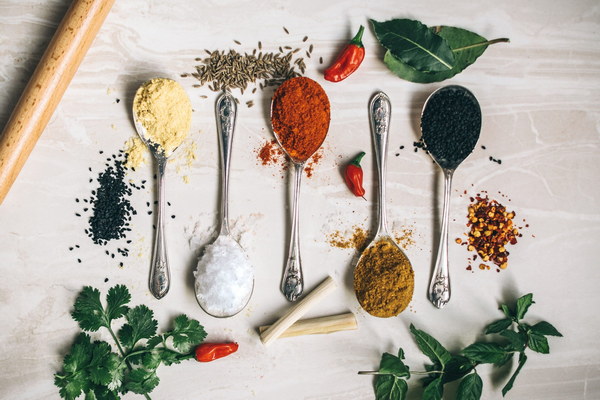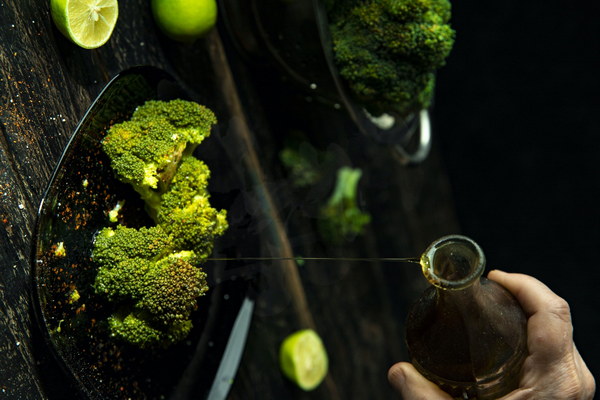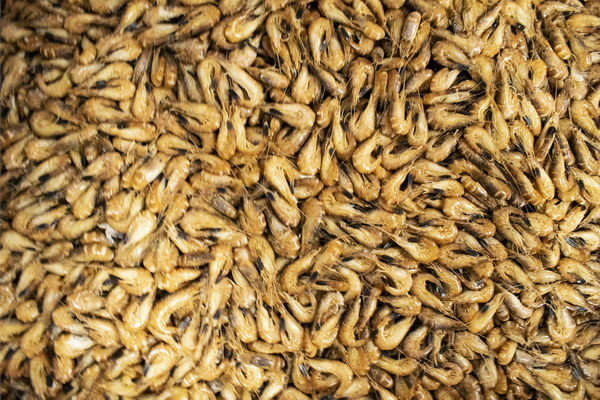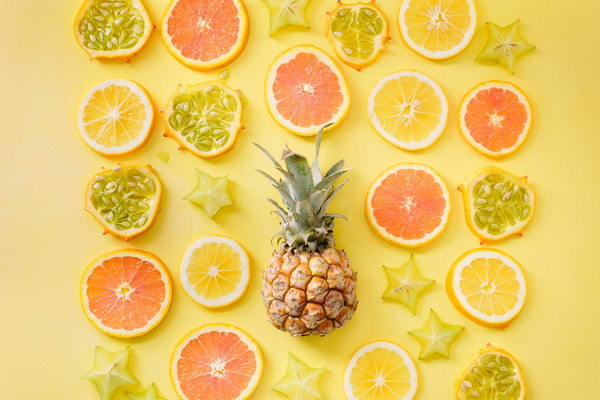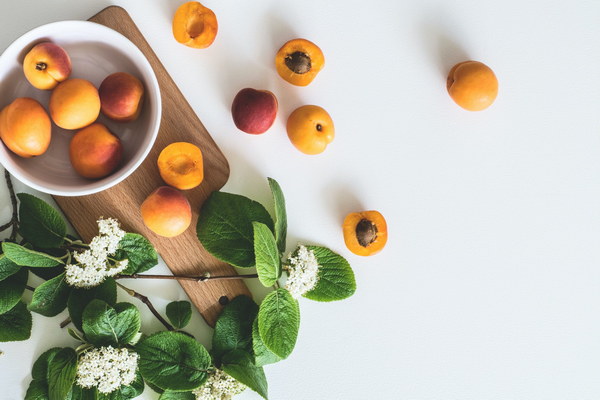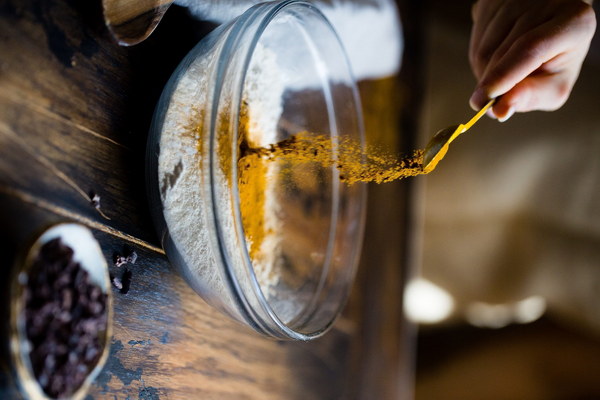Discover the Ancient Secrets of Liu Jinshan's Herbal Remedies A Journey into Traditional Chinese Medicine
In the heart of ancient China, where the wisdom of the ancients intertwines with the power of nature, lies the secret to health and longevity. One such master of this ancient art is Liu Jinshan, a renowned herbalist whose remedies have been passed down through generations. Today, we embark on a journey to uncover the mysteries of Liu Jinshan's herbal remedies and delve into the world of traditional Chinese medicine.
Liu Jinshan, a name that resonates with the essence of traditional Chinese medicine (TCM), has been a beacon of hope for those seeking natural remedies for their ailments. His mastery of the art of herbal medicine is unparalleled, and his remedies have been known to cure even the most stubborn of diseases.
The foundation of Liu Jinshan's herbal remedies lies in the principle of ying-yang, a concept that represents the balance of opposite forces in nature. According to TCM, the body is a microcosm of the universe, and when these forces are out of balance, disease manifests. Liu Jinshan's remedies aim to restore this balance, thereby promoting health and longevity.
One of the most famous herbal remedies created by Liu Jinshan is the Golden Pill. This ancient formula is believed to boost the immune system, enhance vitality, and increase longevity. Composed of rare and potent herbs, the Golden Pill has been a staple in the households of the elite for centuries.
The ingredients used in the Golden Pill are carefully selected for their unique properties. For instance, ginseng, a well-known herb for its energy-boosting properties, is combined with goji berries, which are renowned for their anti-aging effects. Other ingredients, such as astragalus and reishi mushrooms, contribute to the formula's overall effectiveness.
Another remarkable herbal remedy by Liu Jinshan is the Five-Flavor Soup, which aims to nourish the body's five organs: the heart, liver, spleen, lungs, and kidneys. This soup is a blend of five different herbs, each with its own distinct flavor and therapeutic properties. For instance, the pungent taste of ginger is believed to invigorate the lungs, while the sweet taste of licorice helps to soothe the spleen.
The process of creating these herbal remedies is both an art and a science. Liu Jinshan, with his extensive knowledge of TCM, meticulously selects and prepares the herbs, ensuring that their properties are maximized. The herbs are then combined in precise proportions, and the mixture is cooked for an extended period to extract the full benefits of each ingredient.
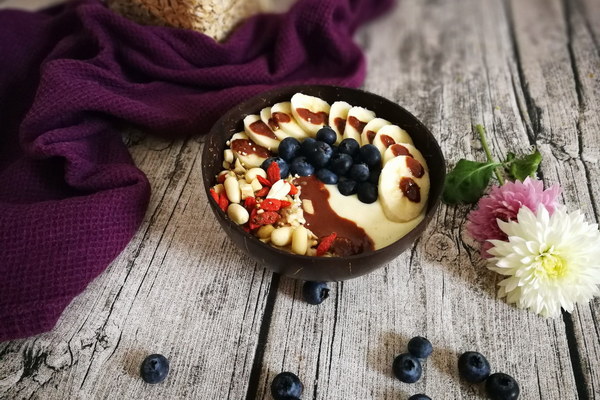
In today's fast-paced world, where modern medicine often dominates, the allure of traditional Chinese medicine remains strong. Many people are turning to Liu Jinshan's herbal remedies to find natural solutions for their health issues. From chronic pain to stress and anxiety, these remedies offer a holistic approach to wellness, focusing on the body, mind, and spirit.
One of the most captivating aspects of Liu Jinshan's herbal remedies is their ability to address the root cause of a disease, rather than just its symptoms. This holistic approach to health has led to a growing number of studies supporting the efficacy of traditional Chinese medicine.
As we continue to explore the wonders of Liu Jinshan's herbal remedies, it is clear that the wisdom of the ancients holds a wealth of knowledge for modern-day health seekers. The legacy of Liu Jinshan and his herbal remedies will undoubtedly continue to inspire future generations to embrace the power of nature and the timeless wisdom of traditional Chinese medicine.
In conclusion, Liu Jinshan's herbal remedies are a testament to the enduring power of traditional Chinese medicine. By focusing on the balance of yin and yang, and utilizing the unique properties of natural herbs, Liu Jinshan has created remedies that have the potential to transform lives. As we delve deeper into the mysteries of these ancient remedies, we can't help but wonder: What other secrets of health and longevity lie hidden within the vast tapestry of traditional Chinese medicine?
